Although shooting pain in the breast may not always be considered a major concern, it can be caused by changes in your hormonal balance or your menstrual cycle. If the pain is caused by an infection, it's important to consult a doctor. Aside from treating the issue, the doctor will also use this information to identify the cause of the pain and advise you on possible next steps.

Sharp Pain in Breast Classification
Breast pain can be caused by various factors. It can be caused by changes in hormones or by injuries, infections, and obstructions.
Menstrual Cycle
Breast tenderness and pain that come and go according to one's menstrual cycle are common occurrences. Complications from changes in hormone levels can cause this type of discomfort, which is referred to as cyclic breast pain. This condition usually appears around a week before a woman's period, and it can resolve once the period begins. About 20% to 30% of cases of this type of breast pain can be resolved on their own.

Pregnancy and Breastfeeding
The increase in hormone levels during pregnancy can lead to various health conditions, such as pain and swelling in the breasts. Breast pain can also occur when breastfeeding. This can be caused by the buildup of milk in the ducts, which can clog and result in slower milk flow. Wearing a supportive bra can help reduce discomfort.

Breast Cysts
A breast cyst is an oval or round growth that's filled with liquid. About 25% of breast masses are formed by these types of growths. They are usually benign, though they can cause pain or discomfort. A doctor can usually remove a large or painful one by using a fine needle. If it has any irregular or curved edges, or if it shows signs of debris or solid matter inside, a test should be performed to rule out other conditions.

Fibrocystic Breasts
Enlarged scar tissue, also known as fibrocystic breast disease, is a condition that affects many women throughout their lives. There are various treatment options that can help minimize its symptoms. Some of these include taking pain medications and wearing a supportive bra.

Fibroadenomas
Non-cancerous lumps that can easily be moved under the skin are known as fibroadenomas. Although they are usually painless, they can cause pain before a period. Most fibroadenomas do not need treatment, though more complex ones may need to be removed.

Fat Necrosis
When fatty breast tissues die, they create hard, round lumps. Although fat necrosis usually doesn't need treatment, it can cause painful or large lumps that can be easily drained by a doctor.

Referred Pain
Sometimes, pain in one's breasts is referred to as a symptom of a problem elsewhere in one's body. For instance, if one experiences chest pain, this could be caused by a pinched nerve. Having a doctor examine one's body allows them to identify the cause of the discomfort and come up with effective treatments.

Common Sharp Pain in Breast Causes
Non-cyclic or cyclic breast pain can affect your menstrual cycle. It can then go away once your periods have ended. For instance, if you experience tenderness or pain in the outer or upper portion of your breasts, this condition usually happens at the same time of your cycle.
Although non-cyclic breast pain can be continuous, it can also return at odd intervals. Most of the time, this condition is associated with soreness or tightness in the breasts.
Stress
Studies have shown that people with anxiety disorders and post-traumatic stress are more prone to experiencing breast pain.

Lack of Support
Without support, the tissues, muscles, and glands of the breasts can get strained. This can cause pain. Wearing a bra can help alleviate this issue. Having large breasts can also make sleeping in a bra more comfortable.

Need support? Get Coobie Seamless Bra for Ultimate Support!
Birth Control
Birth control pills can also cause breast pain. They alter the hormones in the body, which makes some women feel more pain while others experience less.

Sleeping on Your Stomach
Having poor positioning, an ill-fitting garment, and extra weight can cause breast pain. Although sleeping on one's stomach is perfectly fine, it's also important to keep in mind that there may be tenderness in the breasts if you do.

Breastfeeding
Some women who breastfeed experience painful breasts due to various factors. Some of these include issues with the ducts, inadequate latching, and nipple soreness caused by raw or cracked nipples. Although these conditions are normal during breastfeeding, they can sometimes be caused by an infection.

Infection
Mastitis is usually caused by a blocked milk duct. This can lead to an infection that can cause fatigue, fever, and breast pain. Although it can affect women who are not breastfeeding, it rarely occurs in men. If you're experiencing this type of pain, you should consult a medical provider for an examination and possible antibiotics.

When to Worry about Sharp Pain in Breast?
Around 70% of women experience some form of breast pain at some point in their lives. There are various causes of this pain, and it can go on for a long time. It's important to see a doctor if it's not getting better.
If you are experiencing breast pain, it's important that you see a doctor. They can diagnose the cause of the pain and provide a possible solution. If it's not improving, it might be time to see a specialist.

Sharp Pain in Breast Treatment
Although breast pain can be a symptom of a larger issue, it's important to note that it doesn't necessarily mean that the pain is a diagnosis. It can be a sign that something is wrong with the body.
Other symptoms that can indicate a serious problem include pain in the breast, unusual skin changes, and nipple discharge. Your doctor can help you identify the cause of the discomfort and treat it if necessary.

Medication for Sharp Pain in Breast
If you are experiencing tenderness or pain in your breast, your doctor may recommend taking medication to help alleviate the discomfort. If it is caused by high estrogen levels, then taking an estrogen-blocker such as anastrozole or letrozole may be helpful.

Sharp Pain in Breast Summary
Breast pain is a common condition that can be caused by hormonal changes in the body. It can usually disappear on its own once a period has started or ends.
To ease the discomfort, apply gentle heat, use nonsteroidal anti-inflammatory drugs (NSAIDs), and wear comfortable and soft-fitting clothes. If the pain persists, consult a doctor.












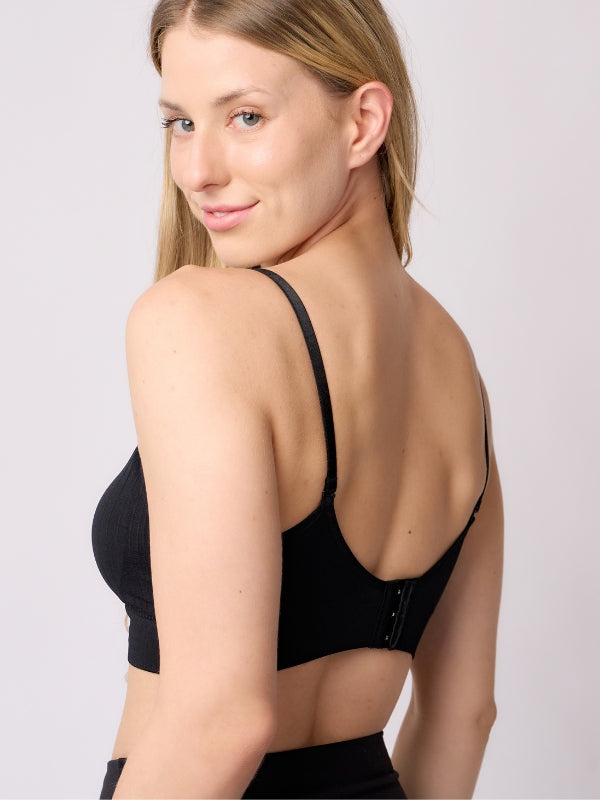
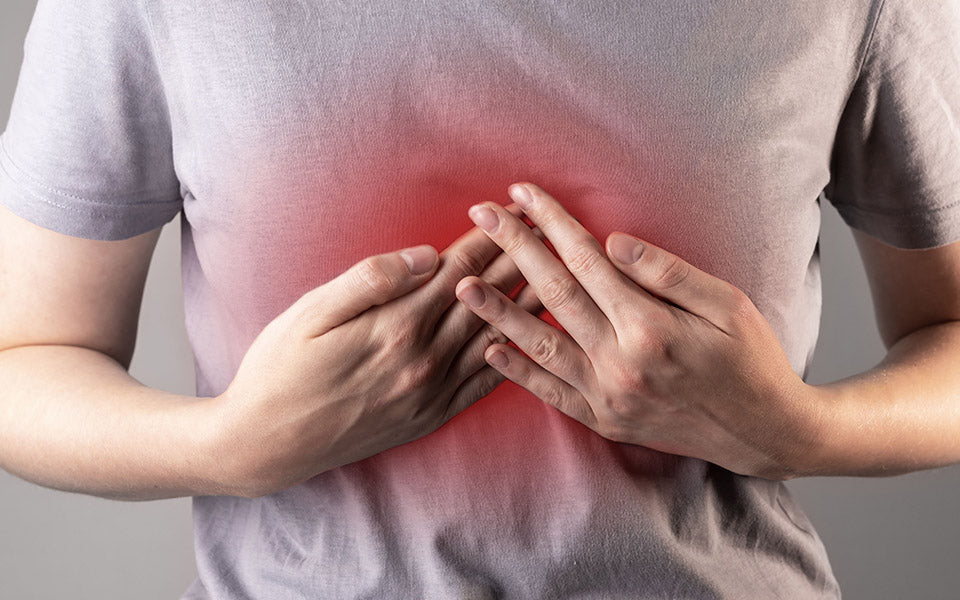

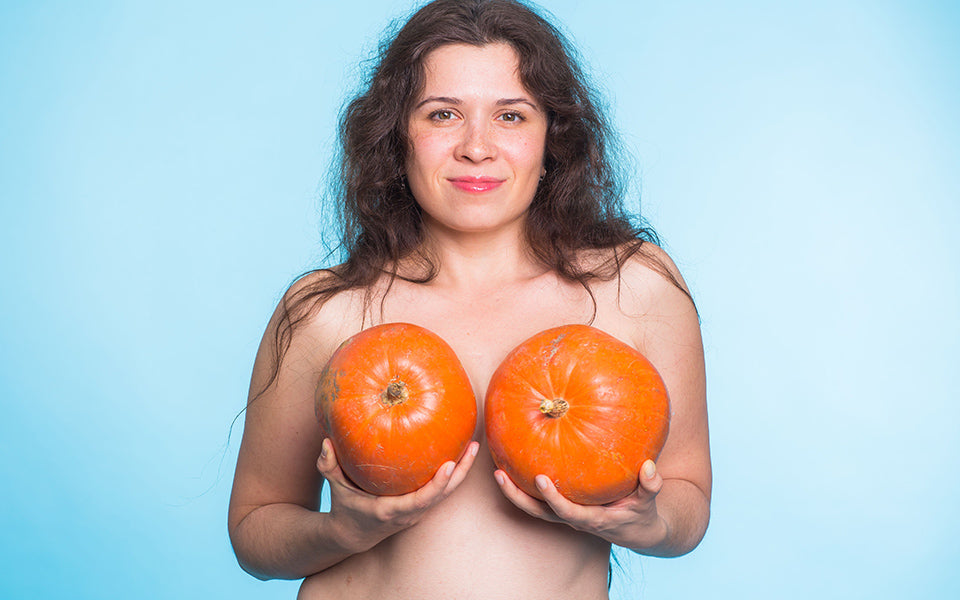
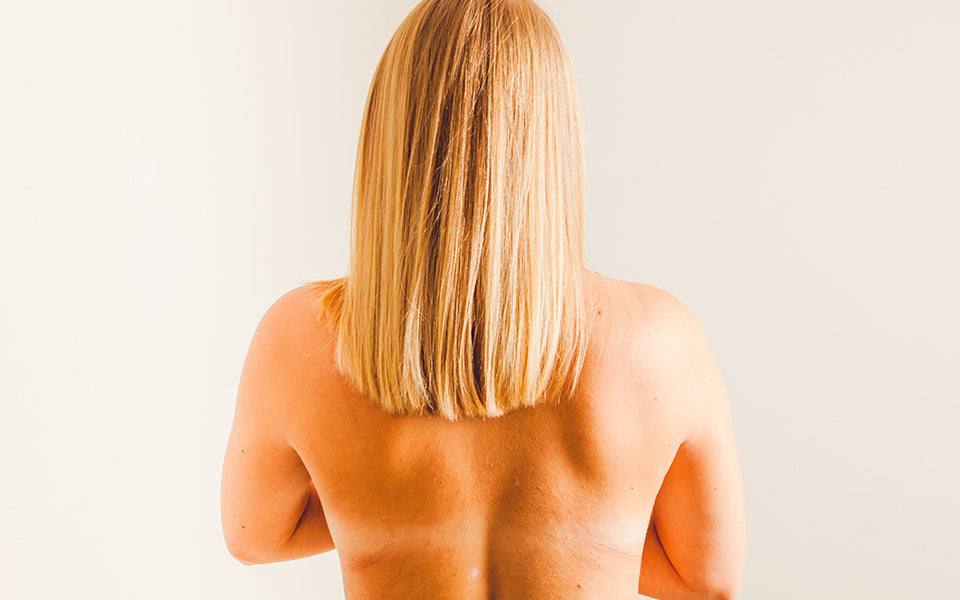



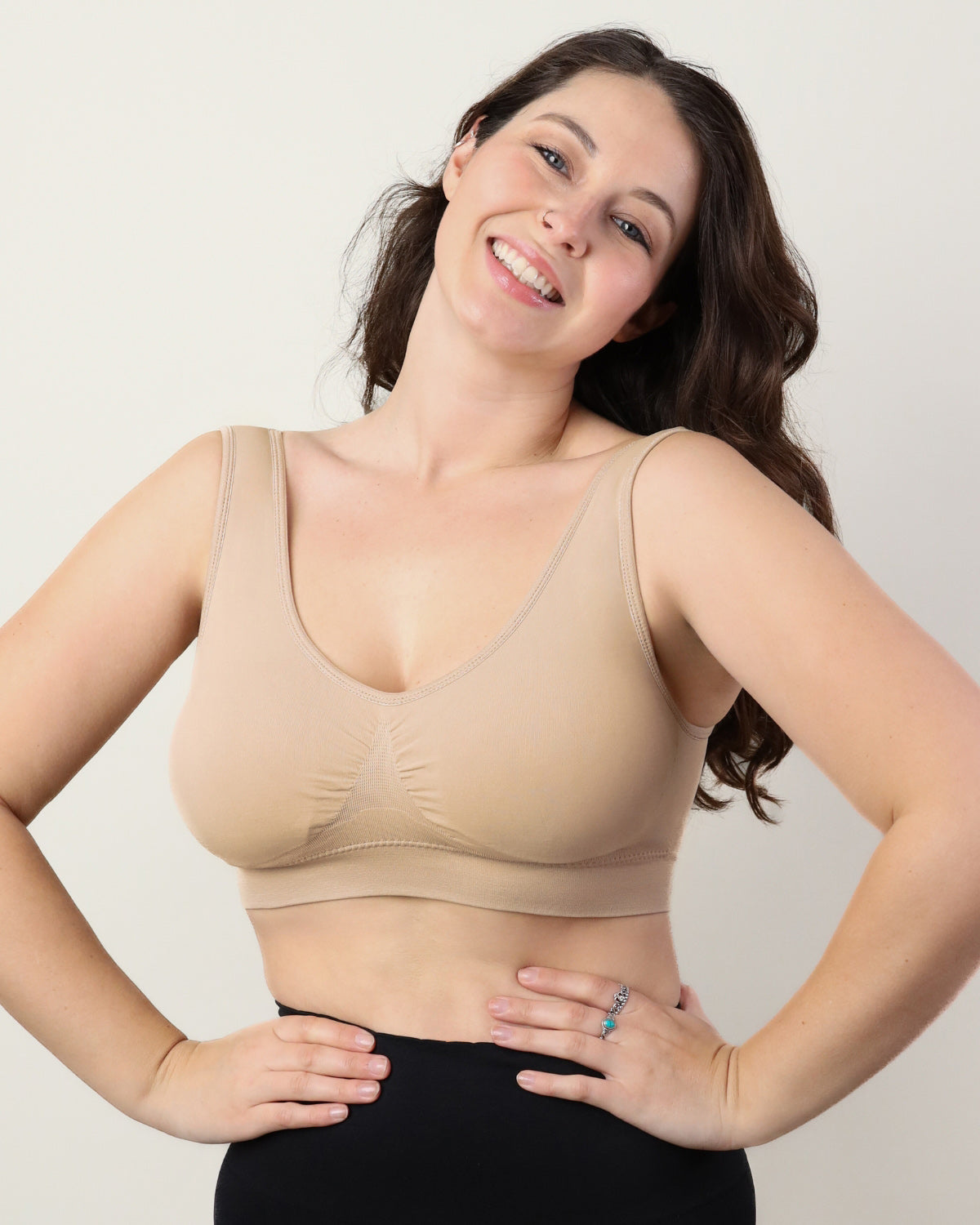

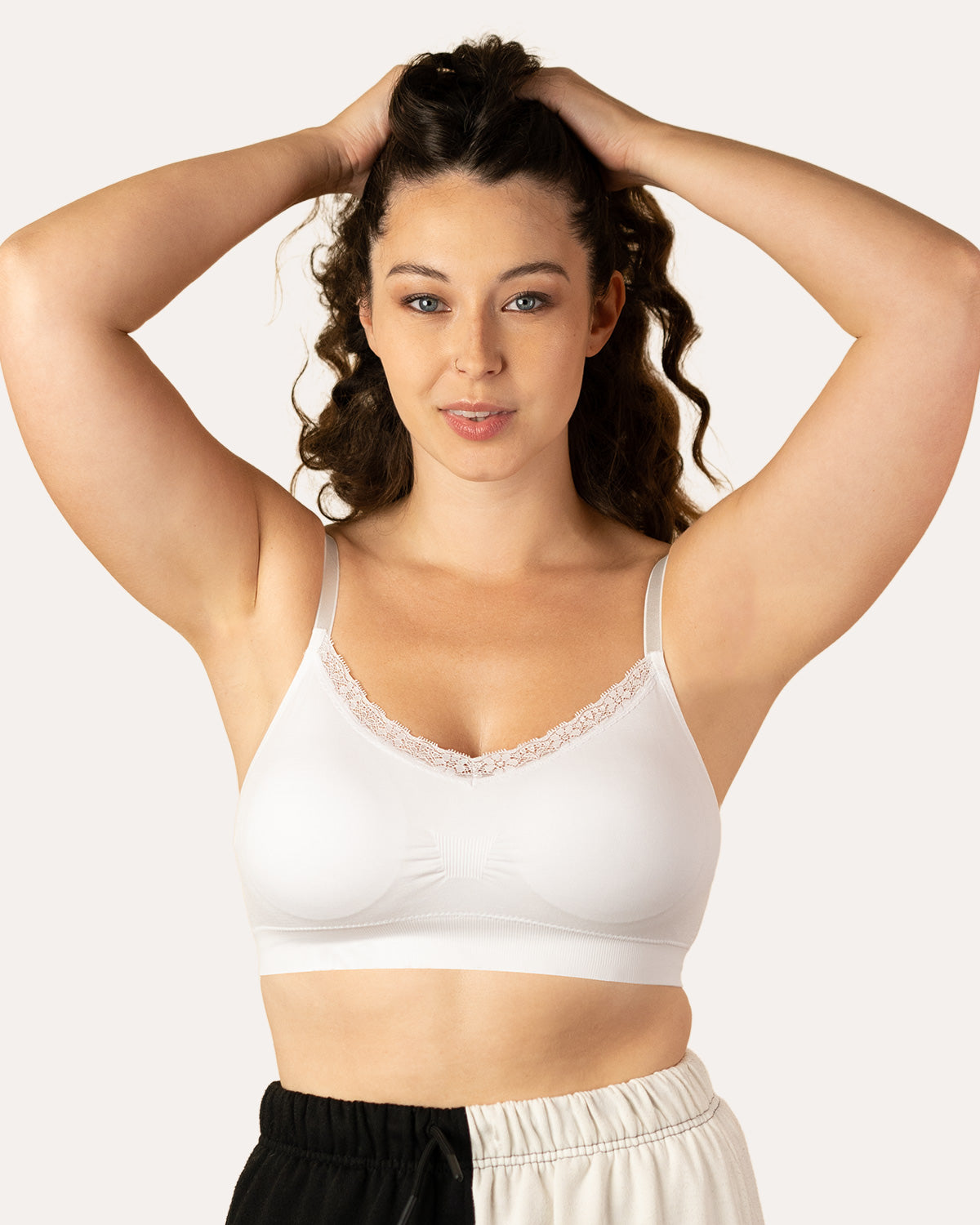
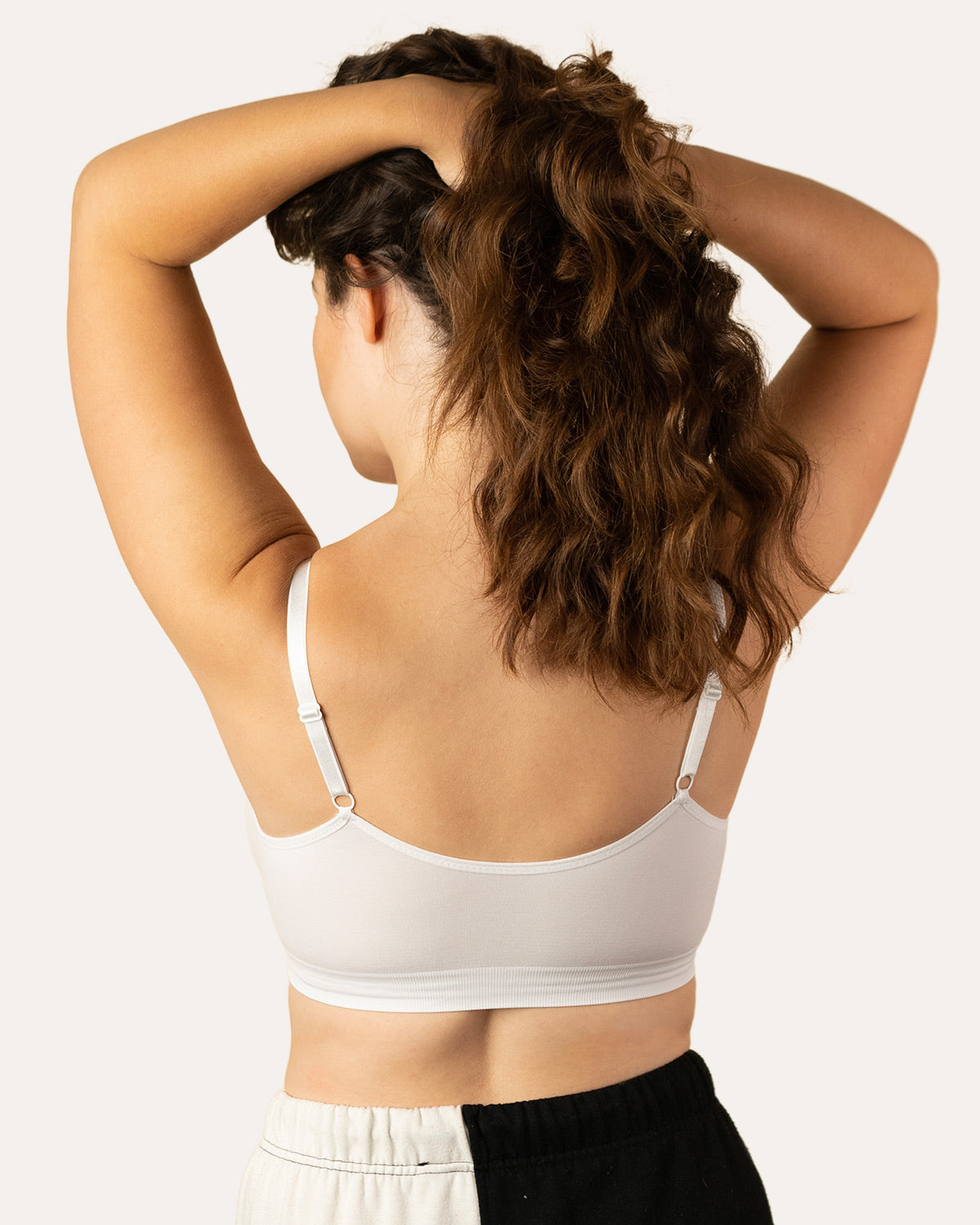
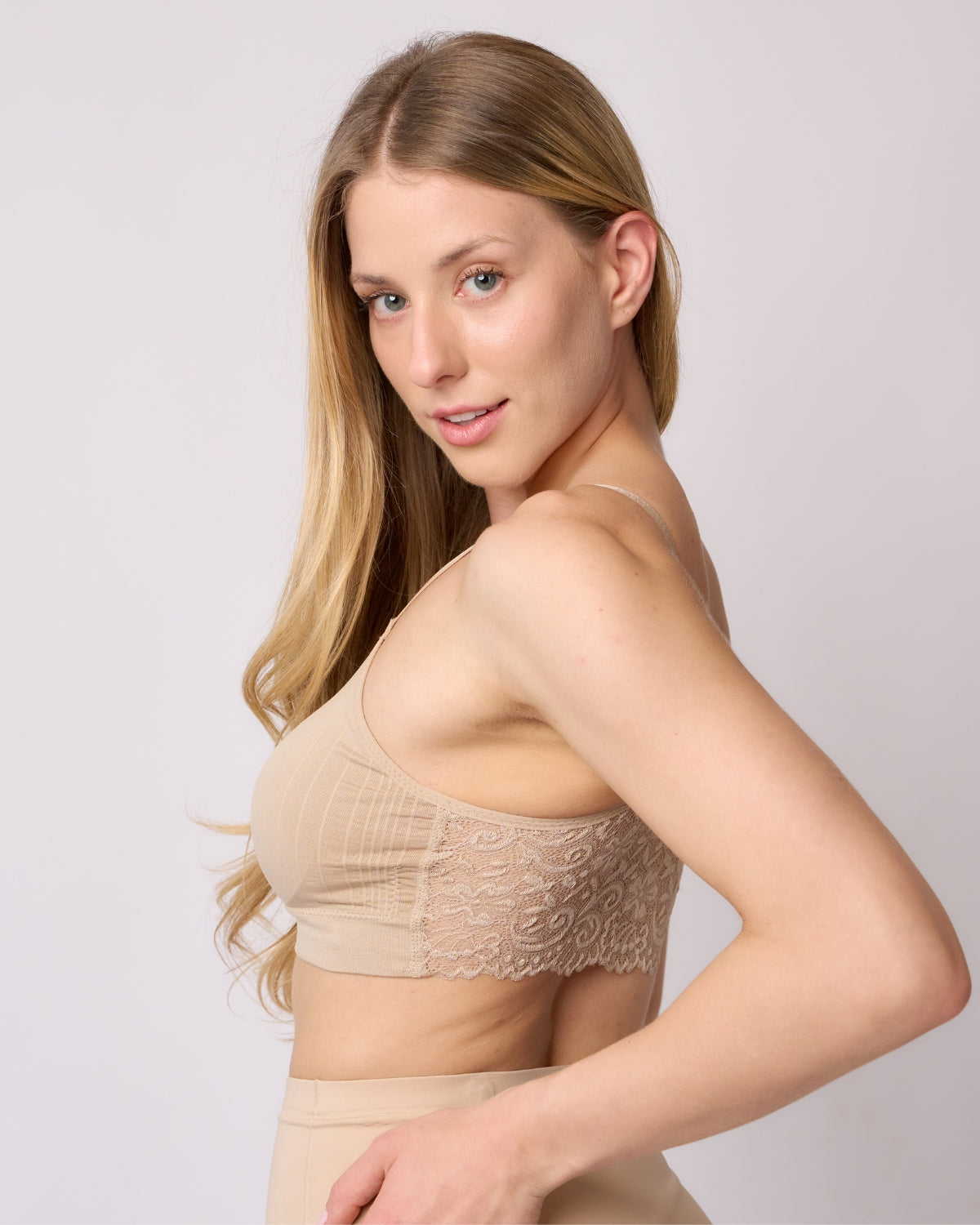


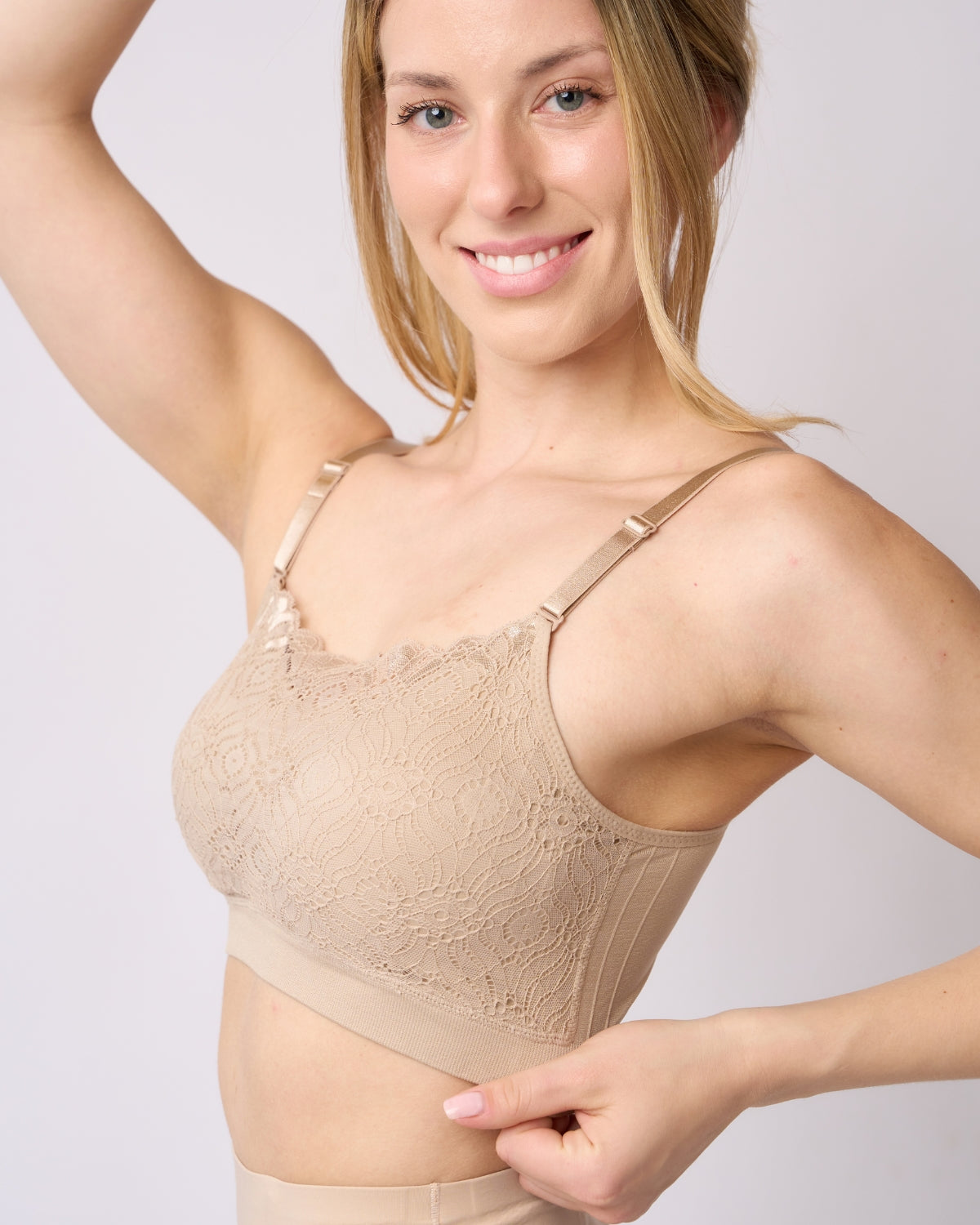


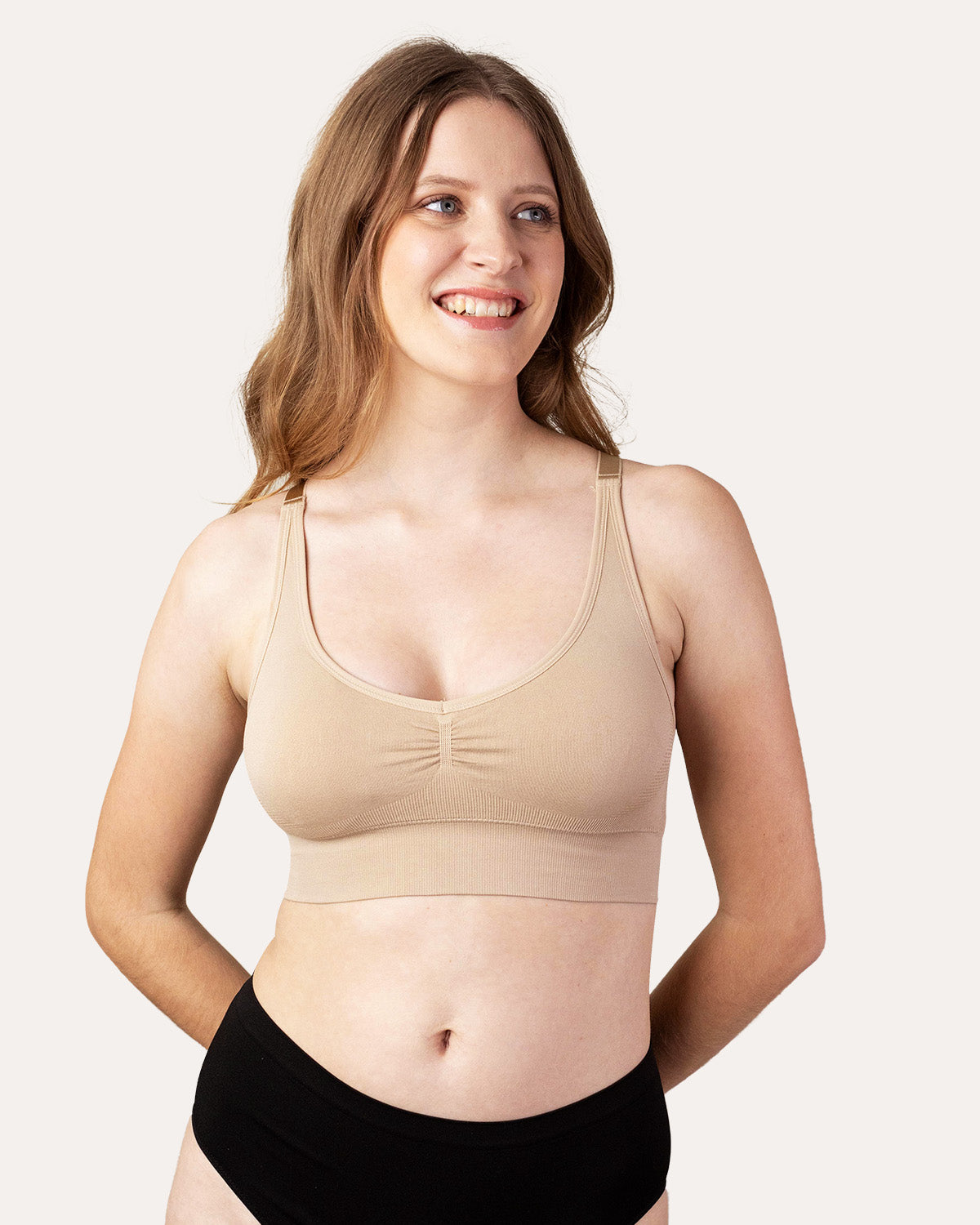
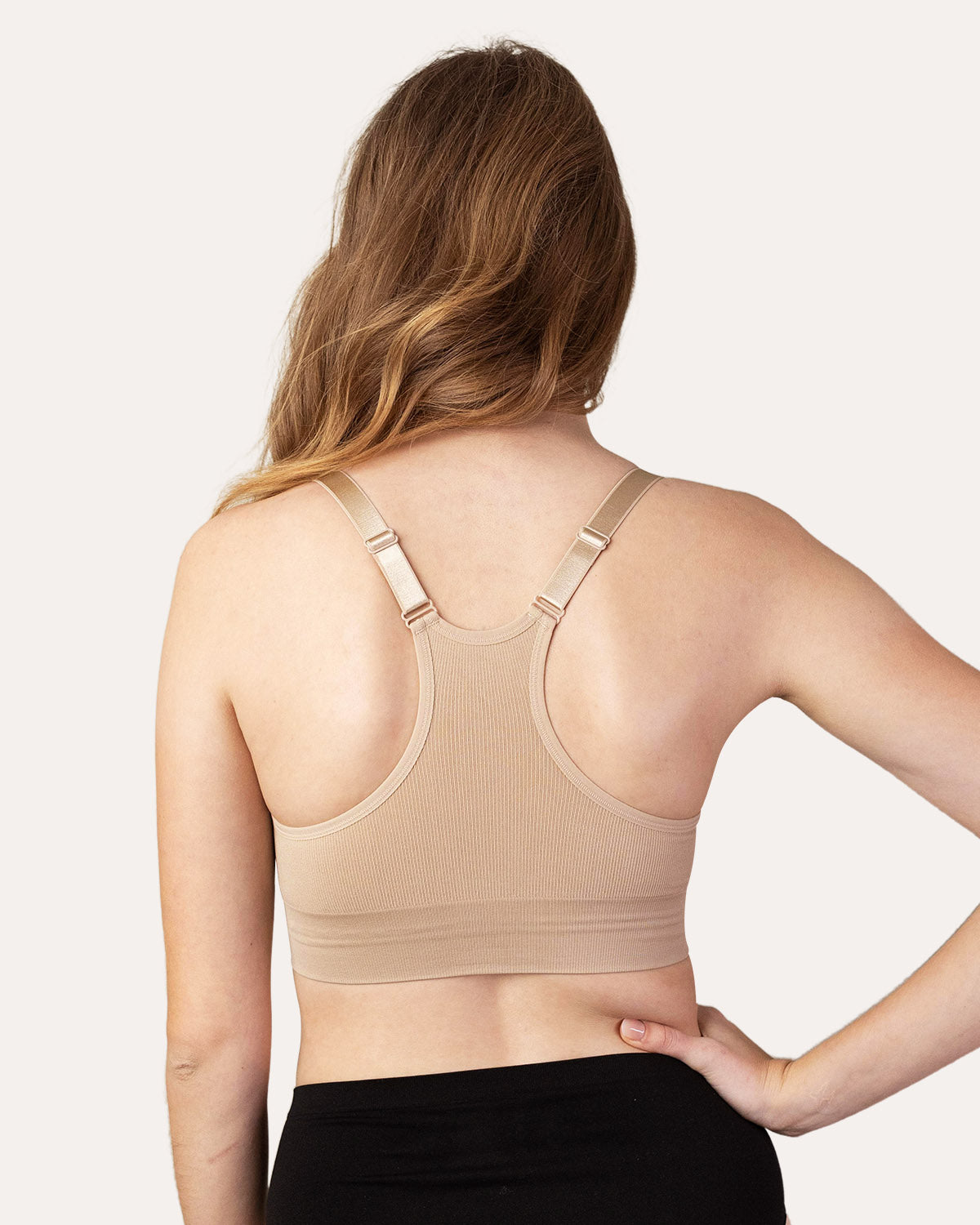
Leave a comment
This site is protected by hCaptcha and the hCaptcha Privacy Policy and Terms of Service apply.